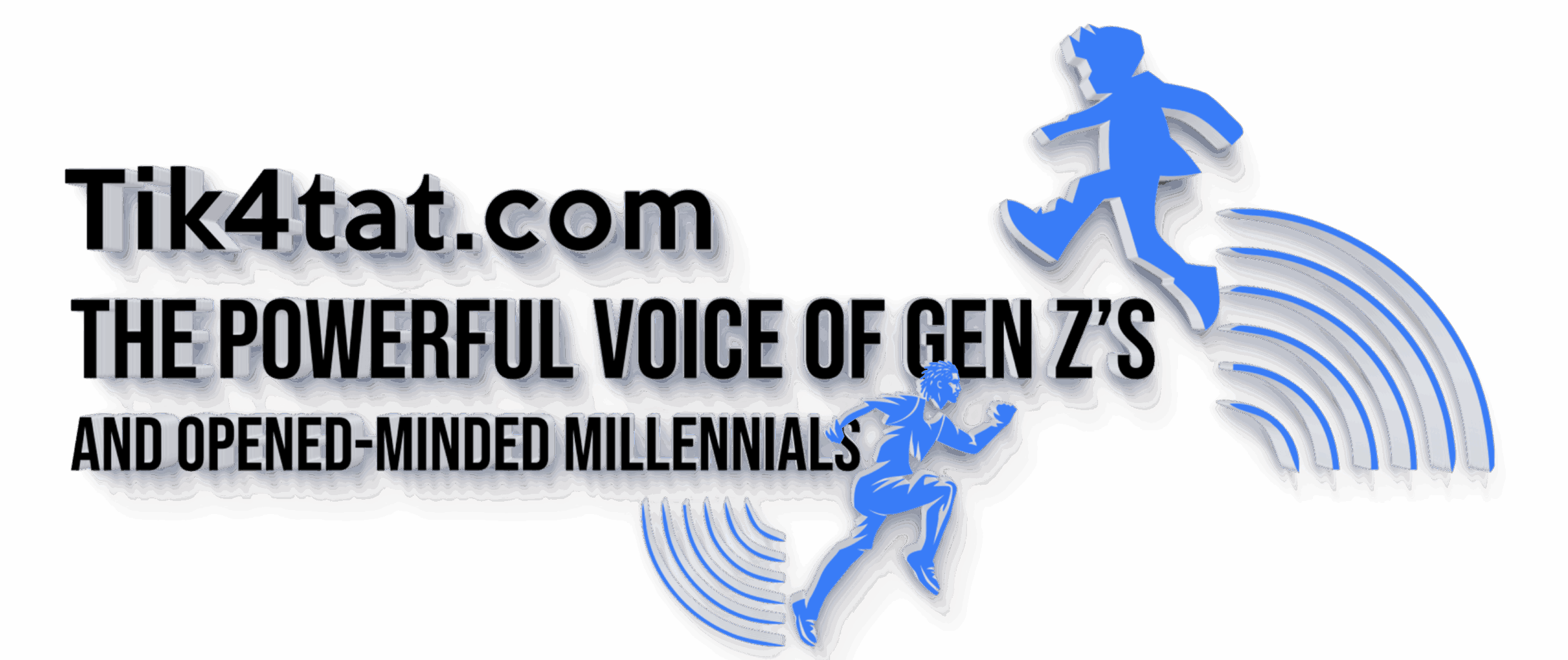Global Health in 2025: Why Gen Z Should Care and How to Make a Difference

Global health is a critical issue that affects everyone, regardless of age, nationality, or socioeconomic status. As we move further into the 21st century, new and existing health challenges continue to emerge, demanding urgent attention. **Generation Z (those born between 1997-2012)** has a unique role to play in advocating for change, leveraging technology, and pushing for policies that improve health outcomes worldwide.
Why Should Gen Z Care About Global Health?
Gen Z is the most connected, socially conscious generation yet. With access to information at their fingertips, they have the power to influence policies, support humanitarian efforts, and drive innovation in healthcare. Here’s why global health should matter to them:
– Their future is at stake– Climate change, pandemics, and health inequities will shape their lives.
– Digital advocacy works – Social media can amplify health crises and mobilize aid faster than ever.
– Economic impact– Poor global health leads to instability, affecting job markets and economies.
Major Global Health Concerns in 2025
As we enter 2025, several pressing health issues dominate the global landscape:
1. Infectious Diseases & Pandemics
Despite lessons from COVID-19, new outbreaks (like Disease X, a hypothetical future pandemic) remain a threat. Antimicrobial resistance (AMR) could kill 10 million annually by 2050 (WHO).
2. Maternal & Child Health
– 2.4 million newborns die each year (UNICEF), mostly from preventable causes.
– 800 women die daily from pregnancy complications (WHO).
3. Mental Health Crisis
– 1 in 4 peoplewill experience a mental health issue in their lifetime (WHO).
– Gen Z faces rising anxiety and depression due to social media, economic stress, and climate anxiety.
4. Non-Communicable Diseases (NCDs)
– Heart disease, cancer, and diabetes cause 71% of global deaths (WHO).
– Poor diets, pollution, and sedentary lifestyles fuel NCDs.
5. Climate Change & Health
– Air pollution kills **7 million yearly (WHO)
– Extreme weather worsens malnutrition, heat strokes, and disease spread.
6. Lack of Clean Drinking Water
– 2.2 billion people lack safe drinking water (UN).
– Contaminated water spreads cholera, dysentery, and typhoid, killing 485,000 annually.
Top 10 Countries Needing Urgent Health Assistance in 2025
Based on healthcare access, poverty, and disease burden, these nations face severe health crises:
1. Yemen – War, cholera, malnutrition
2. Somalia – Famine, infectious diseases
3. South Sudan – Conflict, poor maternal health
4. Afghanistan– Collapsed healthcare, malnutrition
5. Democratic Republic of Congo – Ebola, measles outbreaks
6. Syria– War injuries, lack of medical supplies
7. Haiti – Political instability, cholera resurgence
8. Nigeria – High child mortality, malaria
9. Venezuela– Healthcare collapse, vaccine shortages
10. Papua New Guinea*– Low vaccine coverage, TB outbreaks
What Needs to Be Done?
Solving global health crises requires collective action:
✅ Increase Funding– Governments and NGOs must invest in healthcare systems.
✅ Improve Sanitation – Expand access to clean water and vaccines.
✅ Combat Climate Change – Reduce pollution and support green health initiatives.
✅ Mental Health Support – Destigmatize therapy and expand services.
✅ Gen Z Advocacy– Use social media to pressure leaders and donate to causes.
How Gen Z Can Help
– Donate or fundraise for organizations like **WHO, UNICEF, Doctors Without Borders.
– Advocate for policies on climate action and universal healthcare.
– Volunteer in health awareness campaigns.
– Stay informed** and share credible health information.
Final Thoughts
Global health is not just a distant issue—it impacts everyone. Gen Z has the tools, passion, and influence to drive real change. By staying informed, advocating for justice, and supporting global health initiatives, they can help create a healthier, fairer world.
Will you be part of the solution?** 🌍💙




